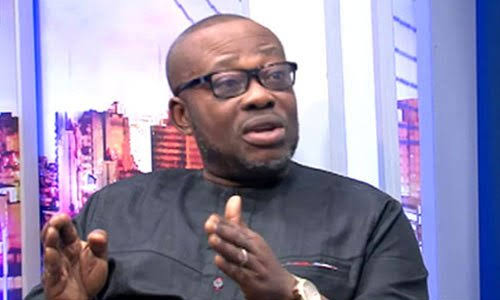Judiciary Can Be Last Hope In Resolving Election Disputes In Nigeria, Africa- Ubani

Chairman of the Election Reform Commission of the African Bar Association (AFBA), Dr. Monday Ubani believes the Judiciary can be the last hope in resolving election disputes in Nigeria and Africa if they are allowed to work without any form of interference.
Ubani made this known at the ongoing Annual Conference of the African Bar Association at the University of South Africa in Pretoria, a prestigious event drawing legal luminaries and professionals from across the continent.
According to the prominent human rights lawyer, and activist, who has held esteemed positions within the Nigerian Bar Association (NBA), he expressed confidence with the Judiciary in terms of making positive judgement on election cases.
He said that the various electoral laws in Africa have provisions that make the judiciary have the final say on Electoral Issues, whether it concerns pre-election or post-election conflicts.
“No one should be in doubt as to the competence or capacity of the Judiciary in the continent to adjudicate on election issues whether it concerns pre-election or post election dis-agreements. The only snag and if you like, call it alarm is that judges that preside over these cases are not God, the Almighty. They are humans and susceptible to manipulations and inducements by desperate politicians who seek for political powers in Africa.
His words: “When the political class lose election in the already flawed process, they all look towards the court for adjudication. The court is expected to make good what has been “damaged from the foundation”.
“At this juncture, desperation sets in and the judiciary and judicial officers are “placed on high jump” to satisfy the ultimate desire of declaring parties as winners even when some of them know that they did not win. In such a situation, anxiety sets in and there are allegations that monetary inducements become the order of the day. Some of the judges being human do succumb and alter the mandate of the electorate. It is not a general phenomenon but evidence abound here and there in the continent that such things do exist. There are also judges who remain upright and cannot succumb to any human pressure or inducements. The number of such upright and forthright judges remains a matter of conjecture.
“What this means is that decisions of Tribunals or courts are given by human beings with flesh and blood and they are susceptible to human errors as the judges are not God.
“However two countries in AFRICA have ignited the light of departure and stubbornly stuck to addressing the grievances of the petitioner without paying attention to excessive technicality, fear of the incumbent or undue consideration of political consequences of nullifying an improperly organised electoral process. The first country was Kenya followed subsequently and swiftly by Malawi. Kudos to the African Bar Association as we have held our Annual Conferences in these two great countries, the last conference was in Malawi last year.”

